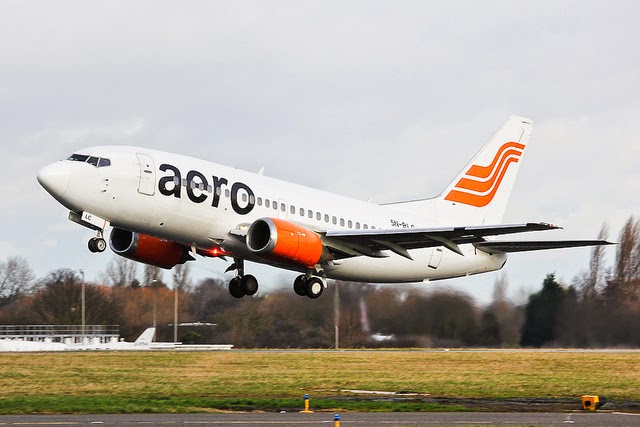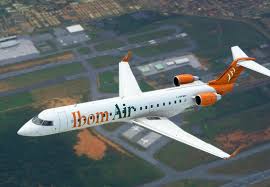Beyond C-Check certification of Aero Contractors

Recent news that the Nigerian Civil Aviation Authority (NCAA) has certified one of Nigeria’s oldest airlines, Aero Contractors’ Aircraft Maintenance Organisation (AMO) at the Murtala Muhammed Airport, Lagos, to handle C-checks on Boeing B737-300, B737-400 and B737-500 aircraft types is a welcome development.
The certification is the first of such in Nigeria and in West Africa. It provides a more cost effective alternative and shorter downtime to aircraft in the sub-region. It also offers chances of survival for local airlines which have been experiencing high cost of maintenance services whenever they send their aircraft overseas for C-checks.
The certification by NCAA is a major development for the beleaguered organisation as it will significantly aid its turn around and bring it to reckoning in the aviation sector across the West African sub-region again. C-check is mandatorily carried out every 18 months for commercial aircraft in Nigeria. During the C-check which usually lasts about two weeks, majority of the aircraft’s components are inspected in a thorough maintenance programme and necessary parts are changed.
Aero contractors had in 2011 received an AMO certification from the NCAA which allowed the airline to carry out third party maintenance for other airlines. With the new certification, all Boeing 737 classic type, ranging from B737-300, B737-400 and B737-500 series can now undergo C-checks at the Aero contractors’ terminal Lagos. There are at least 24 of such aircraft in commercial operations in Nigeria.
For Nigeria, the fact that C-checks which hitherto cost between $1.8 million and $2 million can now be performed on the B737 Classic in Nigeria by Aero Contractors will no doubt lower the maintenance cost of airlines in Nigeria and in the West African sub-region and also reduce the downtime for such checks. It is a good thing that the airline has signed a Memorandum of Understanding (MoU) with international partners, including the maintenance unit of Ethiopian Airlines and South African Airways Technical (SAAT), to render assistance on the C-checks.
Going forward, the airline must, far more than before, put quality of service as its watchword. It must ensure that it adheres to best global practice in its discharge of the maintenance of aircraft brought for C-check and ensure that such maintenance works are completed on time. If the organisation adheres to best global practice it will create a new record in aviation practice in Nigeria and African airline owners will continue to rely on Aero contractors for the C- check of their B737 aircraft.
Apart from the high quality of its maintenance work, if the company wants to be a major force to be reckoned with in aircraft maintenance in Africa, it must also expand its hanger in Lagos into second and third phases and adequately equip it to enable it handle bigger aircraft types as its current facility is equipped for between eight to 12 C-checks a year.










